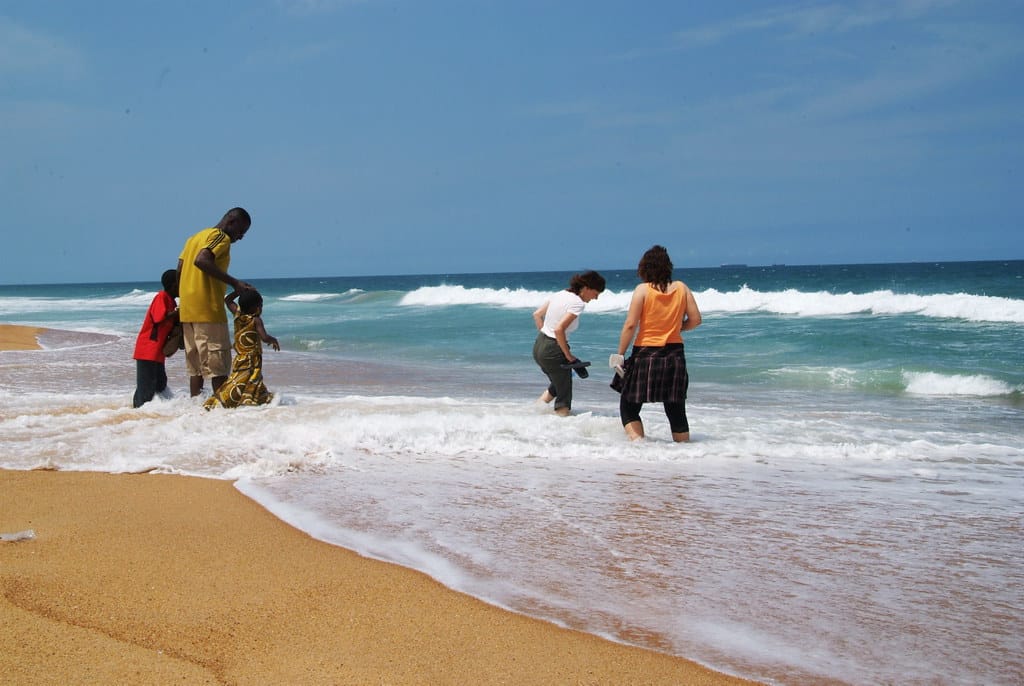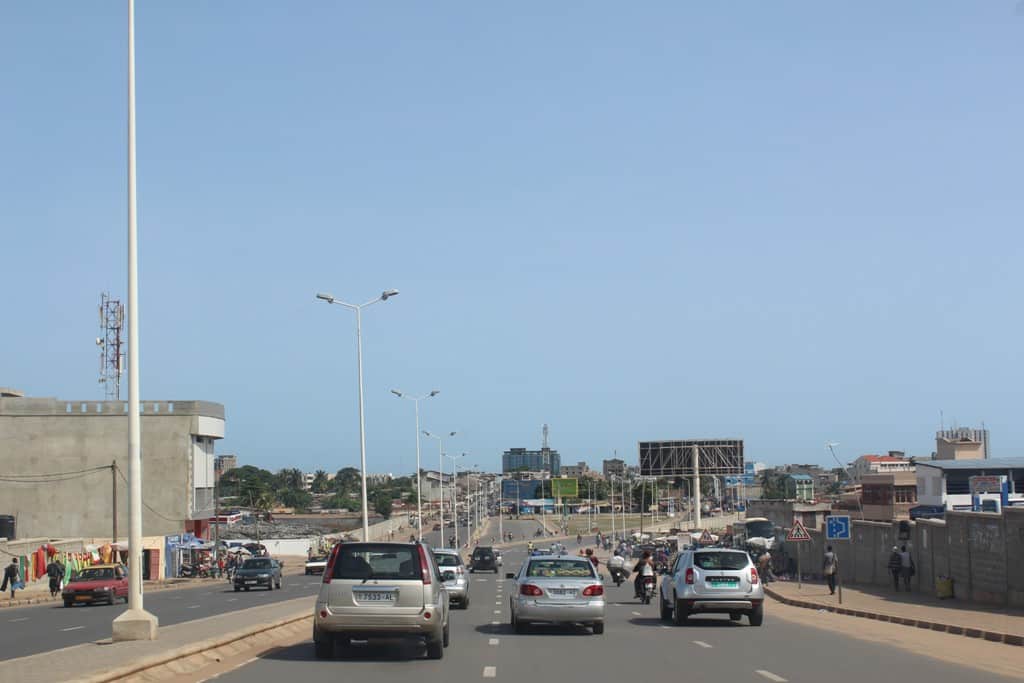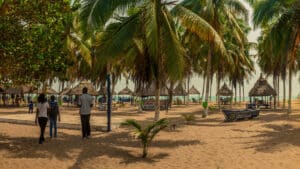Expat financial advisor in Togo– that will be the topic of today’s article.
I will compare some of the options available locally, alongside more portable, online, and international options like what we offer.
For any questions, or if you are looking to invest as an expat, you can contact me using this form, or via the WhatsApp function below.
It makes sense to have a portable option as an expat, as opposed to a localized one, and that is something we specialize in.
INTRODUCTION
Togo, officially Togol Republic (French: République Togolaise), is a country in West Africa. He borders Ghana to the West, Benin in the East, and Burkina Faso in the north. The country extends to the south to Guinea Guinea, where his capital is located and the largest city of Lome.
That covers 57,000 square kilometers (22.008 square miles (22.008 square miles), which makes it one of the smallest countries in Africa, with a population of about 8 million, as well as one of the narrowest countries of the world with a width Less than 115 years. km (71 world) between Garya and his slightly more eastern neighbor, Benin.
From 11 to 16 century, various tribes entered the region from all directions. From the 16th century in the 18th century, the coastal area was a major shopping center for Europeans to buy slaves, earns the adjacent region “slave coast”. In 1884, Germany stated the region, including the modern how the Protectorate called Togoland. After the First World War, the rule was transferred to France. Togo acquired its independence from France in 1960.

In 1967, Grassingbé Eyadéma headed a successful military coup, after which he became president of an anti-communist, one-sided state. In the end, in 1993, Eyadéma was faced with multi-party elections that were overshadowed with irregularities, and he took the presidency three times. During his death, Eyadéma was the longest departmental leader in modern African history, the president for 38 years. In 2005, his son Faore Gnassingbe was elected president. He continues to keep the office as of 2021.
Togo is a tropical, sub-sugar, whose economy is very dependent on agriculture, with a climate that provides a good growing season. Although the official language is French, they say many other languages, especially in the GBE family. The largest religious group consists of those who consist of indigenous substances, and there are significant Christian and Muslim minorities.
Togo is a member of the United Nations, the African Union, the Organization of Islamic Cooperation, the Southern Atlantic Peace and the Cooperation area, Francohoni, and the Economic Community of West African States.
Located on the west coast of Africa, he is bordered by Ghana, Benin, and Burkina Faso and is about 8.5 million people. The poverty level is two times higher in rural areas (58.8%) (58.8%) than in urban areas (26.5%).
This is due to a large measure to the annual growth rate of the population of 2.5%, which is the progress of development, the concentrated economic growth of modern sectors, and limited access to quality services. Poverty is also higher in women-led by households (45.7%) than men’s households (45.2%). Women remain more vulnerable since they have less access to economic opportunities, education, health, and other major socio-economic objects.
The assessment of the human capital index (HCI) remains low by 0.43. This means that children born in that today will only be 43%, which is productive when they grow when they can be if they had access to good health, education, and nutrition.
Political context
The ruling union Pole La République (UNIR) has dominated the political scene for several years and won 59 of the 91 seats in the National Assembly in the 2018 elections. The presidential elections, which took place on February 22, 2020, returned Peace Gnassingbe by virtue of the fourth five-year term.
On September 28, 2020, Victiire Tomégah-Dogbé was appointed prime minister, the first woman who kept this position in Togo.
Togo held municipal elections in June 2019 for the first time in 32 years, and the UNIR provided 878 out of 1490 seats.
Economic Overview
- Pandemic COVID-19 ceased growth, which fell to 1.8% in 2020 compared with 5.5% in 2019 after decreasing investment and consumption. Restrictions on travel negatively influenced the tourism and services sector, while the agricultural sector remained stable.
- Inflation began to rise again from 0.7% in 2019 to 1.8% in 2020 due to higher food and oil prices.
- The rebound in the import of capital goods in the fight against COVID-19 and the reduction of exports expanded the current account deficit from 0.8% of GDP in 2019 to 1.5% in 2019. Grants and Lien loans helped to finance the shortage of the current account. Duty rose from 52.4% in 2019 to 60.3% in 2020, due to a significant increase in the fiscal deficit deficit from 0.9% in 2019 to 6.9% in 2020 and the slowdown in economic activity.
The path to inclusive and sustainable recovery will be contingent on successful risk management, which can reduce the fiscal space and give private investment. These risks include new COVID-19 waves, mass vaccination delays, growing and expensive domestic debt, increased instability in the region, tax risks associated with PPP and state enterprises, and installation inflationary pressures.
In any case, in any foreign country, you will need the assistance of a financial advisor, regardless of whether you are an investor with great free means or a simple middle person, which moved to Togo to earn more.

Who is the financial advisor?
The financial consultant is a financial professional who helps customers in matters related to their personal finances. Although financial advisers are usually treated as working with individuals, many financial advisors also provide services to institutional clients, such as retirement plans, charitable organizations, municipal governments, and corporations. Some even advise other financial consultants. However, in this article, we will focus on three different types of financial consultants that you can find in Togo.
All financial advisors help customers with money problems, but the exact services they provide will depend on their specialty and background. In wider senses, there are two types of financial advisory services: financial planning and asset management. Some advisers make only one of them, while others do both.
One of the services that many financial advisors provide is financial planning. Financial planning usually relates to non-integration aspects of wealth planning.
This may mean a lot, but some of the services you can expect include:
- Tax planning – will help you minimize tax payments and, perhaps, actually file a tax return.
- Real estate planning – will help you save the property in good condition and with minimal tax for your family when you die
- Pension planning – make sure you have accumulated enough to resign to resign when you are ready
- Charity Planning – Help Return Money With Tax Savings
- Insurance Planning – Make sure you are insured enough and get the best option for your situation.
- Budgeting – Make sure you know what you have to spend and save every month.
As noted earlier, financial advisors are not obliged to have a certain degree in order to call themselves financial consultants. However, many are special training for certification in such topics as accounting, investing, and life insurance. Some of the most common certificates are: Certified Financial Scheduler (CFP), Certified State Accountant (CPA), Clear Financial Analyst (CFA), and Certified Life Insurer (CLU).
Pained by financial indecision? Want to invest with Adam?
Adam is an internationally recognised author on financial matters, with over 347.7 million answers views on Quora.com and a widely sold book on Amazon



